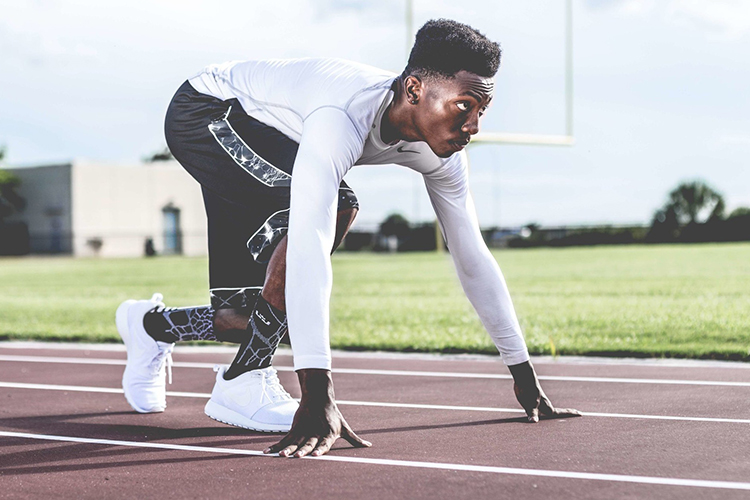A quick Google search of sport psychology will bring you a variety of links: websites focused on definitions, links to academic programs, and sometimes articles that mention famous athletes who have used sport psychology. If you’re reading this, though, you’re probably more interested in what we call applied sport psychology than sport psychology in general.
Applied sport psychology focuses on performance enhancement. What we have learned is that having the physical talent to perform is not enough. For performers to reach their true potential, they need to have the mental edge, too.
Who Uses Sport Psychology?
You might be tempted to think that sport psychology is meant for elite athletes only; however, there are so many more groups who can benefit from the principles of applied sport psychology. In fact, according to the Association for Applied Sport Psychology (AASP), sport psychology services are used by groups including:
- Athletes
- Exercisers (or those wanting to become exercisers)
- Military, police, and firefighters
- Performance artists (musicians, dancers), and
- Business executives
What If I’m an Athlete, But I Wouldn’t be Considered Elite?
The beauty of applied sport psychology is that it can be used by any sport performer at any level. The amazing team of mental conditioning professionals at IMG Academy in Brandenton, FL work with athletes as young as 6th grade. In my own work with athletes, I’ve provided sport psychology consulting to athletes from the following age groups and sports:
- Middle school soccer
- High school football
- High school golf
- High school soccer
- High school barrel racing
- Collegiate softball
- Collegiate football
- Collegiate golf
- Competitive swimming
- Competitive bowling
- Super Senior (aged 70+) tennis
I hope what you’re seeing is that sport psychology is for anyone who wants it, regardless of their competitive level.
Is Sport Psychology Right for Me?
So maybe you’re convinced that just about anyone can benefit from sport psychology and now you’re wondering if it’s right for you or your athletes. Let’s look at some questions you might ask yourself:
- Do you or your athletes perform better in practice than in competition?
- Do you or your athletes have trouble staying focused?
- Do you or your athletes lack confidence during practice or games?
- Are you looking for a mental edge?
- Have you lost motivation or confidence after an injury?
- Are you looking for a way to improve your sport experience?
- Are you struggling to find consistency in your performances?
- Are you hoping to make it to the next level but you’re not sure if you’re ready for the added pressure?
If you answer “yes” to any of these questions, then performance enhancement might be exactly what you’re looking for. Let’s talk!
What To Expect
Mental performance consulting looks different depending on the consultant you work with, but in general you can expect us to focus on what it takes to help you consistently perform your best AND for us to focus on how you can perform successfully in life in general.
Typically, we will start by talking about what it is you hope to get out of consulting. We will spend some time discussing your strengths and identify which aspects of your mental performance you think need the most work. This might be something like better performance, more confidence, improved concentration, managing your emotions both inside and/or outside of sport, recovering from an injury, dealing with burnout, deciding whether it’s time to retire from sport. I think you might be seeing that the list could go on and on.
Once we’ve identified your goals for our work together, we’re going to come up with an individualized plan on how to get there. Although there are some skills that are pretty generic (for example, the strategies for goal setting are pretty consistent), each person has unique goals and will take their own road to accomplish those goals. This process will involve some education, some trial-and-error practice, and finally some application.
You already know that practice leads to better performance – you’ve learned that in your sport. The same is true for mental skills. We will come up with a plan for you to practice the mental skills and will identify ways to assess whether they’re working by looking at things like performance and other factors. Using the information we gain we will continue to build toward your goals.
What’s Next?
Although there is so much to sport psychology than just what is written here, I hope you’ve got a good understanding of some of the basics. If you think you might want to do some mental performance work of your own, please reach out! Schedule your free 15-minute consultation today and let’s see if we are a good fit!



